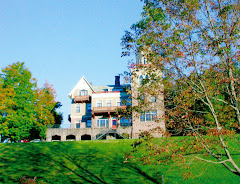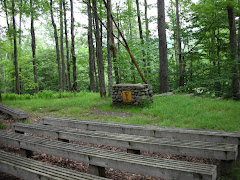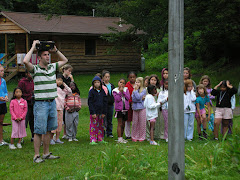As Hannah prepared for her “Mitzvah Project,” she thought about the several continuities in her life so far. Aside from family and school, there’s just one: Frost Valley. She was first bought to the valley as an infant just weeks old. She has grown up there and in 2008 will experience her sixth summer at camp. She’s a “lifer.” From September to May she goes to sleep at each night wishing the summer would come and she could again be at camp.
She especially loves her counselors. They are her big sisters, her friends, her confidantes about growing up, her goofy pals, her role models, her future.
 How could these passions and commitments converge? She decided for her Mitzvah Project to make her friends, family and members of her immediate Jewish community (Kol Tzedek in West Philadelphia—the name means “Voice of Justice”) aware of Frost Valley, its core values, and the pressing need for “campership” funds to enable kids whose families can’t afford it to come to summer camp.
How could these passions and commitments converge? She decided for her Mitzvah Project to make her friends, family and members of her immediate Jewish community (Kol Tzedek in West Philadelphia—the name means “Voice of Justice”) aware of Frost Valley, its core values, and the pressing need for “campership” funds to enable kids whose families can’t afford it to come to summer camp. She made calls, visits, and wrote letters. Frost Valley’s Development office helped her with pledge envelopes, letterhead, brochures – and processed the contributions at they came in.
In the end Hannah’s project raised $2800, enough to send two kids to camp for two weeks each. Hannah feels that the project was good for her, good for her family and friends, good for Frost Valley and just great for the kids she helped send to camp. A win-win-win-win situation.
Hannah is a camper—just a kid herself—but she has begun to learn that kids too can take responsibility for others.
Oh, yes. As most readers of this blog know, Hannah is my daughter. Proud, am I?











